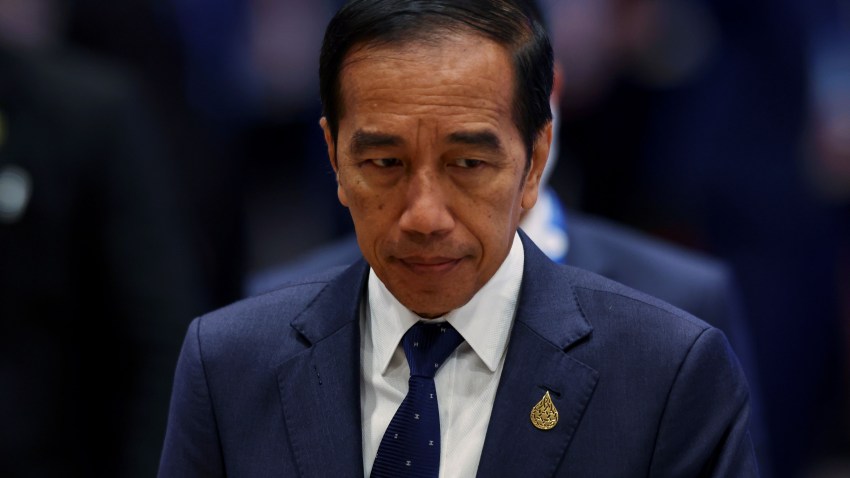Though he is unable to run in next February’s presidential election after having served his constitutionally permitted two terms in office, Indonesian President Joko Widodo is by no means a lame duck preparing to fade into the shadows. To the contrary, Jokowi, as he is popularly known, has emerged as a kingmaker of sorts, in stark contrast to his reasonably humble origins as a former furniture businessman. The legacy he will leave behind after a decade as president will be complex and even perplexing. Jokowi took office as a scrappy outsider to national politics pledging progressive reform. He leaves as an entrenched insider who rarely delivered on those initial promises.
The excitement generated by Jokowi’s initial victory in 2014 and the promises of a new, more liberal future in Indonesia had already given way to concerns of democratic backsliding after his reelection in 2019. In retrospect, much of that 2014 promise was perhaps a result of foreign observers pinning outlandish hopes on Jokowi, who leveraged his popularity as governor of Jakarta and former mayor of Solo to become a national figure. Still, the reemergence of the Golput election boycott movement ahead of the 2019 election and student-led protests in 2022 over egregious curbs on freedoms in a new criminal code underlined just how wide the gap grew between the promise and reality over Jokowi’s two terms.
In fact, Jokowi’s most significant policy legacies are not forward-looking bills, but rather two that dismantled the gains made in the Reformasi era following the Suharto dictatorship. The 2019 reform of the Corruption Eradication Commission, or KPK, defanged the once independent and influential anti-corruption body and increased the powers of lawmakers in appointing the agency’s leadership. Civil society calls for Jokowi to use his executive powers to halt the reform, or at least its more outrageous changes, went unanswered, resulting in one of the largest and deadliest student protest movements in years.

